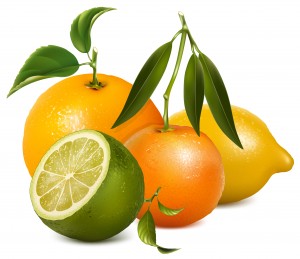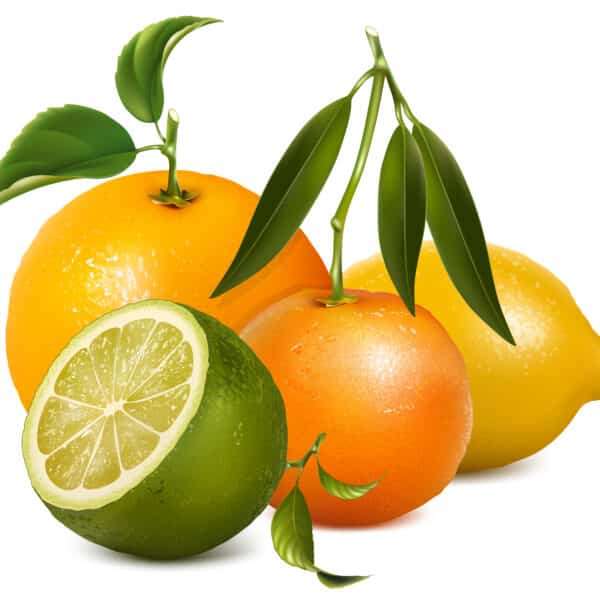 A new review has indicated that there may be a link between vitamin C deficiency and the prevalence of type 2 diabetes. However, good quality scientific studies have not clearly demonstrated the effects of vitamin C in the prevention or treatment of diabetes, and further research is needed to more closely understand whether vitamin C may be of benefit in this very common condition.
A new review has indicated that there may be a link between vitamin C deficiency and the prevalence of type 2 diabetes. However, good quality scientific studies have not clearly demonstrated the effects of vitamin C in the prevention or treatment of diabetes, and further research is needed to more closely understand whether vitamin C may be of benefit in this very common condition.
Why should vitamin C studies be of interest to the care home population?
Dietary surveys have reported low vitamin C status in care home residents, particularly in those with poor dentition, compared to older people in the community. A contributing factor may be lower fruit consumption. A health survey reported fruit consumption (measured as fruit eaten six or more times a week) was lower amongst older people in care homes compared to those in private households. Lower vitamin C status may also be attributable to ill health and drug-nutrient interactions which are typically higher in the care home population.
Whilst the review paper can only suggest that vitamin C may be associated with type 2 diabetes, a more definitive role is known for vitamin C with regards wound healing. Impaired wound healing in older residents is an important clinical issue. People over 70 years are particularly vulnerable to pressure ulcers (‘bed sores’), as they are more likely to have mobility problems and ageing skin. Vitamin C is essential for collagen formation and collagen is a key component of a healing wound. Indeed, poor wound healing was noted many years ago as a common symptom of scurvy, the disease associated with vitamin C deficiency, and studies have reported an increase risk of wound dehiscence (wound rupture after surgery) in patients with depleted vitamin C blood concentrations. However, studies investigating the role of vitamin C supplements have not clearly demonstrated a benefit in terms of accelerated wound healing.
Take care in food choice and preparation
Whilst vitamin C supplements may not have been shown to be effective in this regard, foods with a naturally high vitamin C content like fruit (including berries, kiwi, and citrus fruits), green vegetables like Brussels sprouts and cabbage, and peppers should be encouraged.
The vitamin C content of a specific food can vary according to season of harvesting, transport, shelf time prior to use and cooking practices. Vitamin C is easily destroyed by heat and water, as well as exposure to air, and care should be taken when in food preparation, cooking and service to minimise losses.
Good catering practice tips with respect to retain more vitamin C in vegetables include:
- Keeping veg in large pieces
- Preparing veg close to cooking time, rather than leaving them to stand, particularly in water
- Steaming rather than boiling
- Cooking for a minimum amount of time
- Using vegetable cooking water to make gravies or sauces
- Reducing time between cooking and service (further losses will occur when veg are kept warm prior to service)






